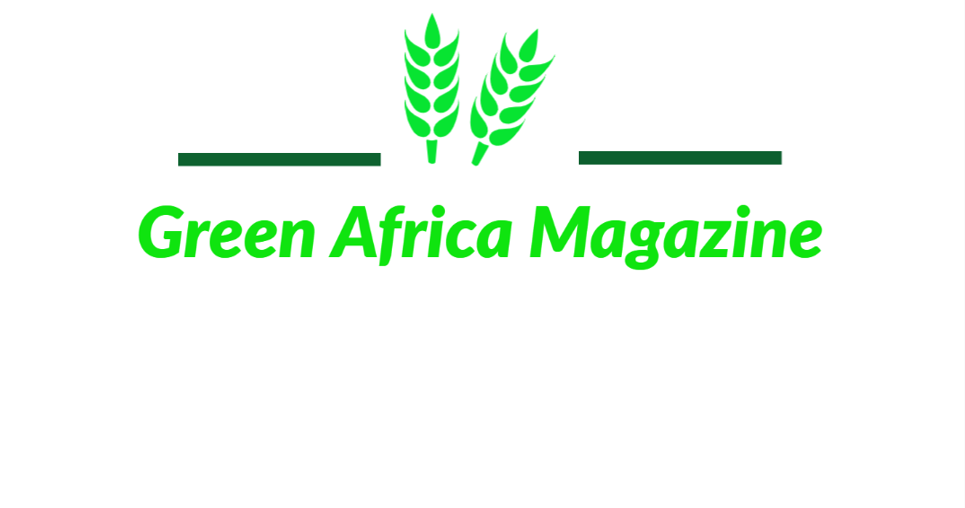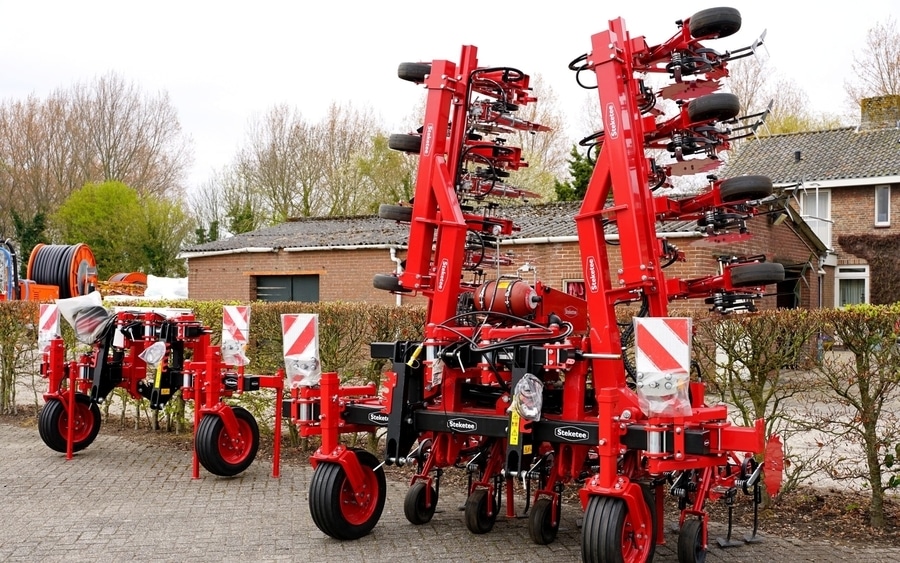Lemken was one of the first major tillage companies to move into inter-row cultivation with its purchase of Steketee in 2018. The investment was in recognition of the growing role in non-chemical weed control by machines which were primarily designed for the organic farmer, a far more important market sector on the continent.
Steketee narrows the gap
Inter-row cultivations are often associated with organic farming and indeed that is where the methods originated, but with the pressure being put on farming to use less chemicals the chasm between conventional and organic farmers is not quite so vast as it once was.
With this convergence in mind, the mainstream tillage equipment manufactures have moved rapidly into the market to ensure that they are in a position to serve their customers as the farming landscape continues to change.
Organic farming may have something of a ‘muck and magic’ reputation here in Ireland, but on the continent it is a serious business with a great deal more investment in machinery and methods than at first might be assumed.
Steketee’s range of products gives a good idea of how organic techniques have pushed forward over the years with the major items being solidly built to maintain accuracy and longevity.
Sophistication is now the norm
There is also a great deal of digital technology now being brought into play, totally dispelling any lingering notions of converting to organic as being the preserve of sandal-shod idealists only.
It has become a very specialised area of farming activity with a bewildering range of implements and attachments each designed to perform a certain task.
Yet this does not mean that the expertise and experience gained over the years is not equally applicable to conventional farming, for band spraying and precise fertiliser application appear as features of several of the company’s products.
For the uninitiated, the world of mechanical weed control in growing crops can be mighty confusing, there is such an array of implements to put to use, yet there remain two fundamental rules governing its effectiveness.
Planting is king
The first is that growing organically is a continuous process; there is no waiting for a particular growth stage to spray the field and then shutting the gate for a few weeks until the next burst of activity is due.
It is a question of constant observation and being ready to deal with issues the moment they arise, and preferably beforehand, rather than battling established infestations with methods whereby success depends on timeliness.
The second is that it all starts with the precision of the planting. The more accurate the planting, the easier, quicker and more efficient are all subsequent operations; straight rows and perfect spacing are absolute requisites.
This is a constant theme running through the company’s machinery range – it works best when the individual plants are where the machines expect them to be and when conditions are most suitable.
This is true of all inter-row cultivators so Skeketee is no exception, and it is also true that technology can do a great deal to help with ensuring that the seeds are placed correctly and the following operations tend to the gaps between the plants, rather than take out the plants themselves.
Robots in the slow lane
Iljan Schouten, managing director of Steketee and head of Lemken’s crop care division, is, however, cautious about trumpeting the idea of digital technology as being an immediate and all-pervasive fix for crop care and agriculture in general.
While great strides are being taken in methods of identifying and eliminating weeds through visual recognition software, alongside satellite navigation (GNSS), he still thinks that there is a role for the tractor and operator with digital technology being an aid rather than a replacement for either.
“Everybody thinks robots are the answer, but we don’t need robots yet” he said, adding that robot maturity is still some time way.
He also believes that the advent of autonomous tractors, certainly in Europe, is not going to conform to the optimistic timelines proposed by many manufacturers.
Where Iljan does see more rapid progress being made is the extension of mechanical weed control into the mainstream of conventional agriculture.
Steketee emerges from the shadows
Steketee has, so far, grown in the refined and sheltered world of organic and field-scale vegetable production, a situation that is changing rapidly as the new parent company is looking to its investment as a source of expertise in mechanical weeding.
Integrating its ideas into the Lemken product range is an ongoing task, and it is one of evolution rather than revolution.
However, the Steketee division will not be abandoning its traditional customer base with its varied and very particular demands. Instead, Iljan views these established users as a source of new ideas and innovations and considers it vitally important that Lemken continues to engage with, and serve, the organic market.
Customer demands push change
This philosophy is already apparent within the Steketee range which falls into two main sectors, known as the Professional Line and the Individual Line.
The former is its standard machines which cover a wide variety of tasks in many crops. They tend to be more general purpose and use proven engineering.
The latter involves the custom building of machines to suit growers’ exact requirements and it is in this area that the larger part of the innovation occurs due to the ideas brought to the company by its customers.
Naturally, there is a price premium for bespoke machines, yet high-value crops which need to meet high standards for premium markets demand that investment levels are greater than may be considered normal.
Steketee brings a new image
The old and simplistic view that mechanical weeding was just a matter of dragging some light tines down the crop rows is soon dispelled when looking at the latest implements produced by Steketee.
Besides the multitude of soil-engaging blades, discs and even brushes that the company offers, there are various means of mounting them and moving them into work.
Section control is available to lift the individual units out of the way at headlands and these can be GNSS activated which, along with the weed recognition software, underlines the sophistication of modern non-chemical weed control, a rapidly expanding market segment that Lemken is determined to lead.








